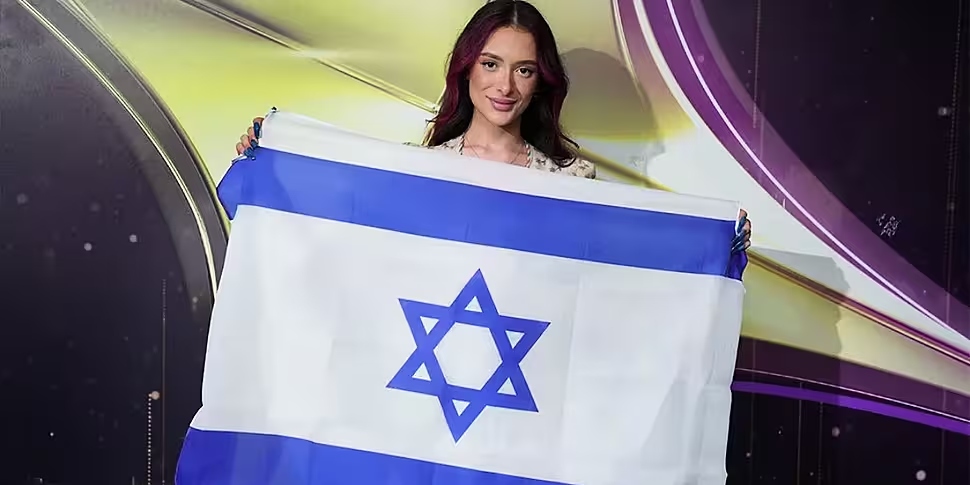RTÉ is facing mounting calls to boycott this year's Eurovision Song Contest because of Israel's participation.
The national broadcaster has received nearly 1,500 emails asking it to boycott the 2024 competition.
There have also been calls for the organisers of the contest, the European Broadcasting Union (EBU), to exclude Israel because of the conflict in Gaza.
The country has been accused of genocide against the Palestinian people in Gaza in the aftermath of Hamas attacks against Israel on October 7th.
The EBU previously expelled Russia following its invasion of Ukraine.
Israel is awaiting song approval after its original song choice was rejected by the EBU.
 An artist's rendering of the Malmö Arena stage for the Eurovision Song Contest 2024. Image: EBU
An artist's rendering of the Malmö Arena stage for the Eurovision Song Contest 2024. Image: EBUA follow-up entry called 'Dance Forever' was rejected while a third attempt, called 'Hurricane', is awaiting approval following revised lyrics.
All entries must be in place by March 11th to be included in the contest.
Eurovision expert Matthew Joyce told The Pat Kenny Show this issue has been brewing for months.
"I remember back in December it was around 500 emails that had been sent in to RTÉ, now it's over 1,400," he said.
"We had the Eurosong special in January, Bambie Thug won and there was a lot calls then for RTÉ to boycott - but also still for Israel to be excluded as well.
"There's been a lot of calls on both sides.
"I don't know which one is stronger, I feel like the argument for Israel to be excluded is stronger than RTÉ to boycott".
 Ireland's 2024 Eurovision entrant Bambie Thug after their win at Eurosong, 26/01/2024. Image: RTÉ
Ireland's 2024 Eurovision entrant Bambie Thug after their win at Eurosong, 26/01/2024. Image: RTÉMr Joyce said there is a precedent for changing songs.
"I remember back in 2015 Armenia had to change the lyrics to their song," he said.
"It was originally called 'Don't Deny' which was believed to refer to denial of the Armenian genocide.
"In 2021, Belarus entered a song called 'I'll Teach You' which was said to be a pro-government anthem.
"That broke the apolitical rule for the lyrics [and] they sent in another song that was called 'Song About Hairs', which was then ruled ineligible as well.
"They were then banned from the EBU for three years".
'Intervention by the Israeli President'
Mr Joyce said the supposedly non-political competition is muddying the waters.
"Look at the current situation with the Israeli song, that the Israeli President has called on the broadcaster to change the lyrics to get through," he said.
"That's despite only weeks ago the Israeli broadcaster saying that they would never change the song or the lyrics, and they would withdraw if it was rejected.
"That seems to not be happening now and that's an intervention by the Israeli President," he added.
The Eurovision Song Contest will take place in Malmö, Sweden in May.









